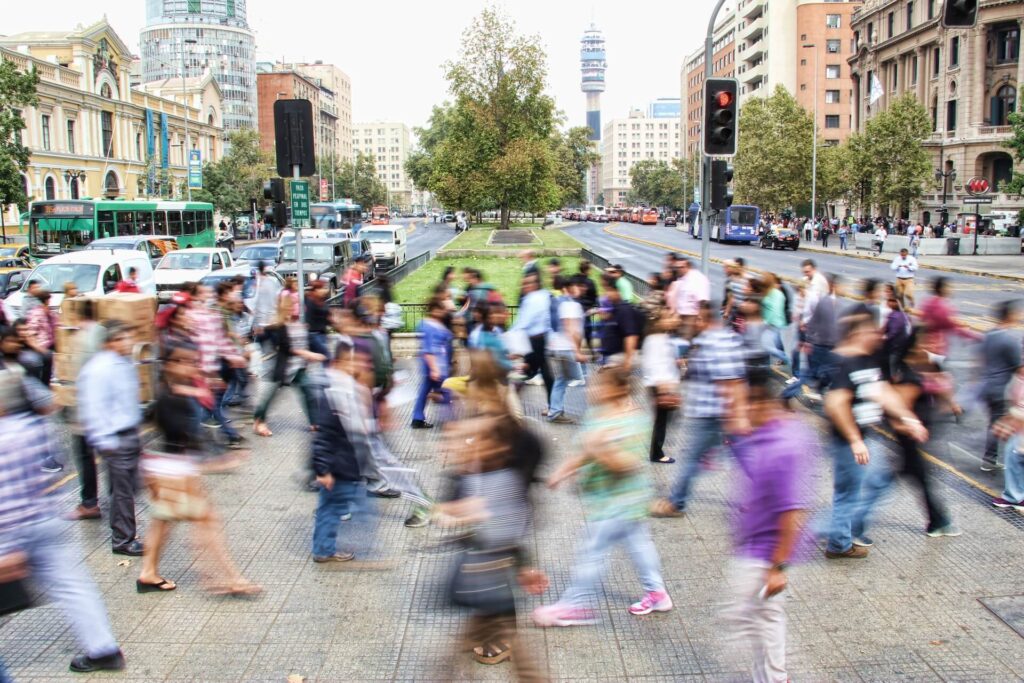Updated on November 15, 2023 by Lou Mac
Most people know a bit about Chile—that it’s a long, diverse country in South America with lots of earthquakes.
But they know less about Chilean culture!
In this post we’ll help you get to know a bit about Chilean culture: from its history, language, food, social norms and everything in between.
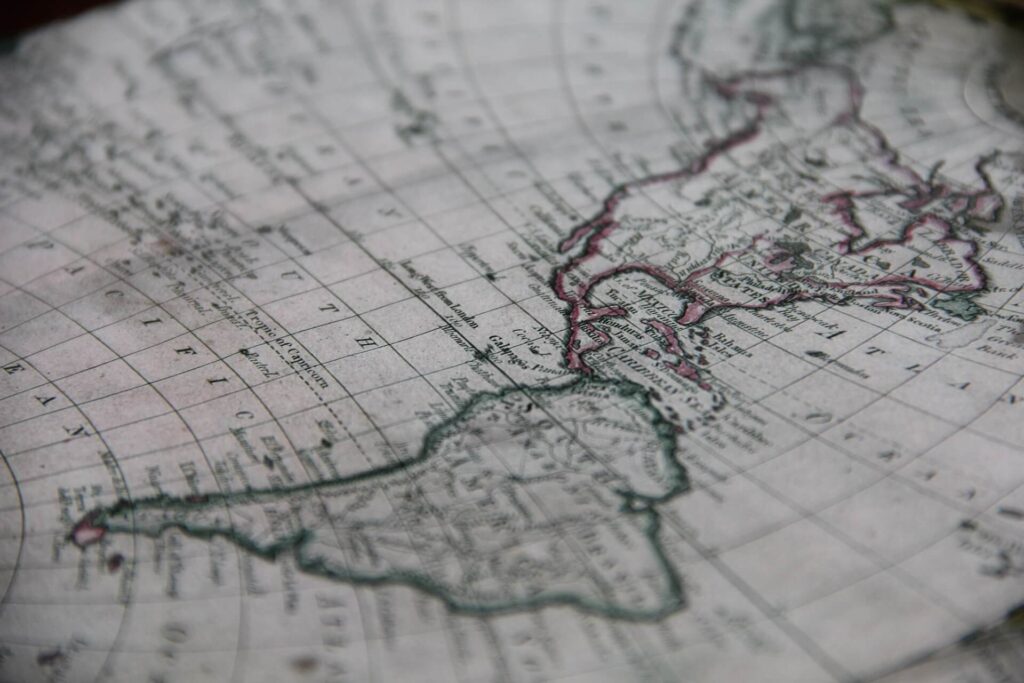
A Brief History of Chile
Chile was colonized by Spain in the mid 16th century, with Santiago, the capital city, officially founded in 1541.
However it’s thought that Chile has been occupied by humans for thousands of years—and at the time of the Spanish invasion, there were hundreds of thousands of indigenous peoples living in (what is now known as) Chile.
The colonizers sought independence from Spain in the early 19th century.
More recently, on the 11th of September 1973, a military dictatorship began in the country. This was incentivized and aided by the United States.
After years of repression, the dictatorship ended on the 11th of March 1990. It’s estimated that around 3,000 people were murdered and up to 28,000 people tortured by the state.
The history of Chile is rich and complicated, and you can find more information about it here!
Naming Conventions
Thanks to their Spanish origins, Chilean culture follows hispanic naming conventions.
You may have seen that Spanish and Latino people have two surnames—this is because the first one is inherited from the father, and the second one is inherited from the mother.
Because each parent also has two surnames, only the first surname (that of each parent’s father) is passed down.
For example, if Omar Sandoval Urrutia (the father) and Silvia Reyes Sepúlveda (the mother) had a child called Camila, that child would be named Camila Sandoval Reyes.
Traditionally the father’s name always went first (classic), but since 2021 Chileans can (finally) choose to put the mother’s surname first!
Language in Chile
Around 99.5% of Chileans speak Spanish, with a small percentage of the population also speaking indigenous languages such as Mapuche and Quechua.
The Spanish here, however, isn’t what’s spoken in the rest of the Spanish-speaking world!
Chilean Spanish is a very unique dialect: It’s spoken very fast, words are shortened and a ton of slang is used.
People often say that if you can understand Chilean Spanish, you can understand any sort of Spanish!
To learn more about Chilean Spanish check out our detailed post on the topic, or click here to learn some useful Chilean slang! And if you’re still unsure which type of Spanish you want to learn, this post will be super helpful to you.
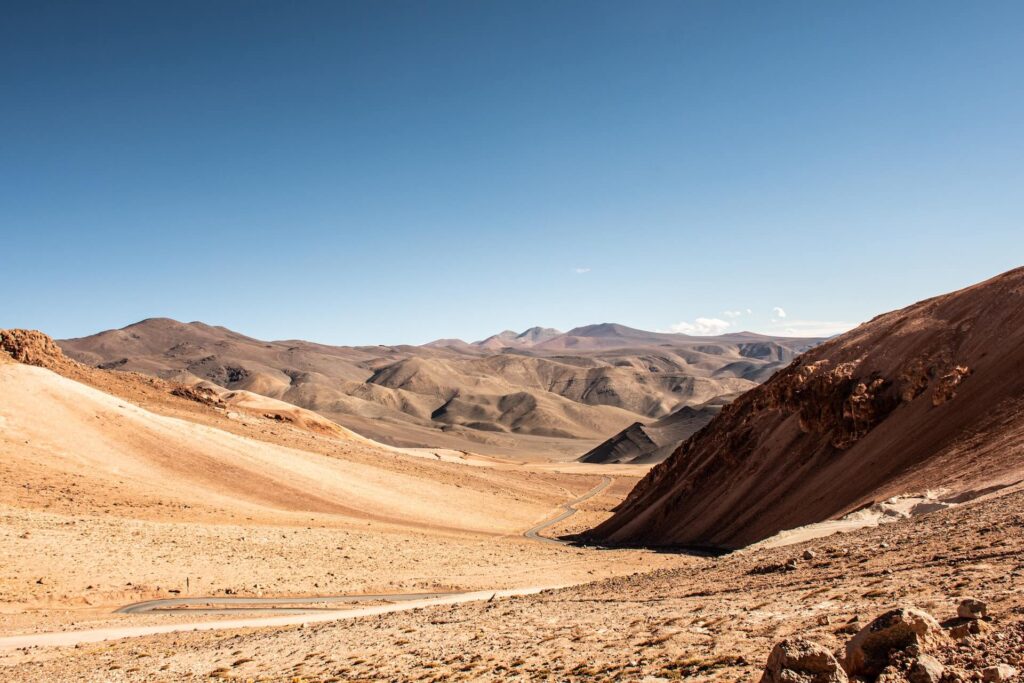
Chilean Climate and Geography
People often think of Chile as a warm country, and while that’s true, it’s also not!
The climate and geography is incredibly diverse. And that makes sense, because it spans over 4,000 kilometres from North to South! To put that in perspective, that’s more than 4 times the length of Spain.
With the sole exception of tropical weather, you’ll find every type of climate on the planet!
In the far North of Chile you’ll find the driest desert in the world, while in the far South you’ll find fjords and glaciers.
So if you like deserts, volcanoes, beaches, mountains, lakes, forests, glaciers, hot weather, cold weather, rain and sun, you’ll love Chile!
Chilean Food
Little is known about Chilean food, but it’s incredibly delicious!
In my opinion some of the best food is actually made at home. So if you ever get the chance to go for dinner at a Chilean mum’s house, don’t miss it!
Typical Chilean Diets
A lot of meat is typically consumed in Chilean culture—usually at least twice a day—however vegetarianism and veganism are becoming more and more popular.
Chilean diets are often carbohydrate heavy: Bread is a big staple, along with rice and potatoes.
It’s common to have a big lunch and have a smaller meal in the evening, called once (“elven,” not sure why it’s called this!)
Asado Culture
Asados (barbecues) are typical in many countries in South America, and Chile is no exception.
You’ll usually see a variety of meat and different cuts being cooked, and it’s almost always a social event—people sit around chatting and drinking, and waiting to be offered meat fresh off the bbq!
It’s worth noting though that it’s maybe not so common in bigger cities, where it’s harder to fit charcoal bbqs onto apartment balconies. It’s also not as central to life as it is in neighboring Argentina, for example!
Must-Try Chilean Food and Drink
There are a ton of delicious dishes to try which aren’t well known to tourists. If you want to get the full experience when you’re visiting, add these to your list!
Here’s a more in-depth post on Chilean food, if you’re interested.
- Empanadas — here they come both fried or oven baked, and you must try both!
- Completos — like a Chilean hot dog with ingredients like tomato, avocado and sauerkraut with a generous amount of mayonnaise
- Pastel de choclo — a meat pie topped with pureed corn
- Sopaipilla — fried dough eaten with savoury or sweet toppings
- Chupe de jaiba — kind of like a creamy crab casserole. You must try this!
- Chorrillana — a dish of fries topped with things like meat, onion and fried eggs
- Pisco sour — a delicious cocktail made with pisco, lemon and sugar
- Choripán with pebre — choripan is chorizo in bread, and pebre is a sort of salsa/salad made with tomatoes, onion and coriander
- Mote con huesillo — a sweet drink made with dried peaches and husked wheat
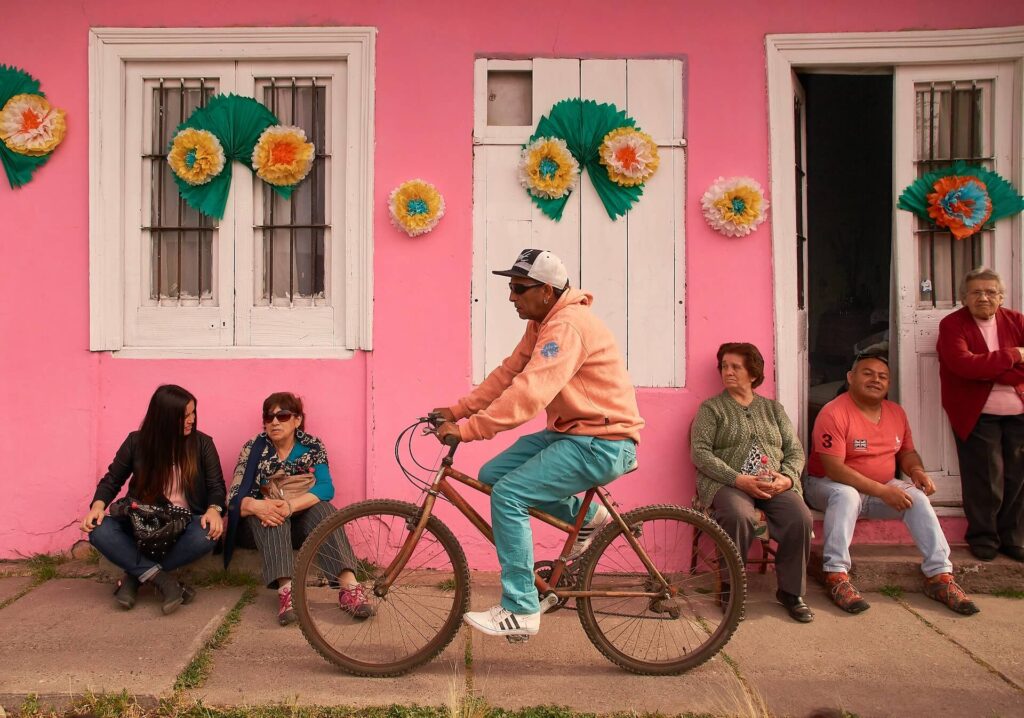
Social Etiquette in Chile
Greetings and Farewells
When you greet or farewell people in Chile, it’s customary to give them a kiss on the cheek.
It’s always the right cheek, so if you’re looking straight to the person, you’ll go to your left—and you greet people like this whether you know them or not.
It’s also usually the norm to do this to everyone when you enter a social setting, again, regardless of whether you’ve met them before.
Entering Rooms and Houses
This is something I’ve actually only noticed recently—when entering someone’s home, even when specifically invited in, Chileans will usually say permiso (excuse me) as they cross the threshold.
Bathroom Etiquette
It’s very common in Chilean culture to keep bathroom doors constantly shut, so if you use the bathroom (regardless of what you’ve done in there), make sure you shut the door behind you!
This one is interesting to me. My logic has me keeping the door always open to get air flow through there (especially because most bathrooms in apartments here don’t have windows).
It’s also common for toilet paper to be placed in bins instead of down the toilet, though this depends on the household or establishment.
Social Norms
Everything is Later
Compared to many parts of the world, everything is done later in Chile.
People stay up later, eat later, go out later and stay out later!
Afternoon and evening activities especially are much later than what I’m used to: For example, dinner dates often start around 8pm, sports practice might not be until 9pm, and even therapy sessions are available as late as 7pm (which, where I’m from, is very late!)
Lateness
While this is generalising, Chilean culture is more relaxed than others when it comes to sticking to schedules.
This means that it’s very normal for people to arrive late to events, push back previously agreed on times and appear much later than they said they would.
Sometimes it’s frustrating, but often it’s a good opportunity to practise being more laid back!
Leaving Home
While in some countries children leave home as teenagers, in Chile it’s very normal for people to live with their parents into their late twenties and early thirties.
This is due to a bunch of different cultural and socioeconomic reasons.
Unless they’re moving away to study, usually Chilean children wait to leave home until they’ve found a steady partner to live with (but again, this is a sweeping generalisation).
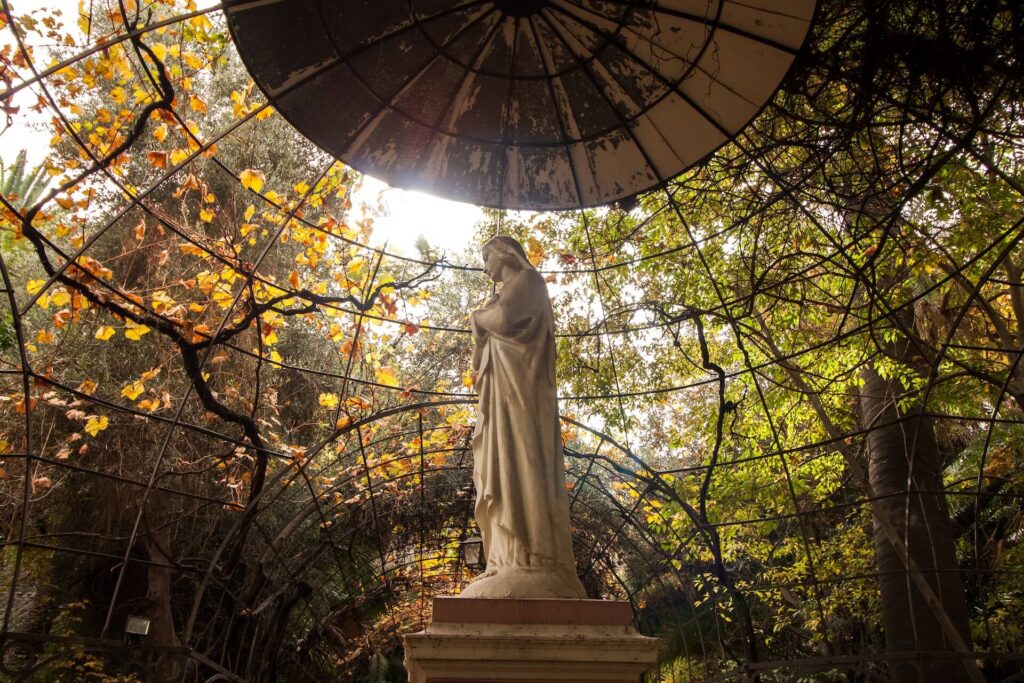
Religion in Chile
Chile is a predominantly Christian country, with the majority of the country identifying with some form of Christianity.
This influence continues to affect daily life in Chile, from laws to the large number of public holidays.

